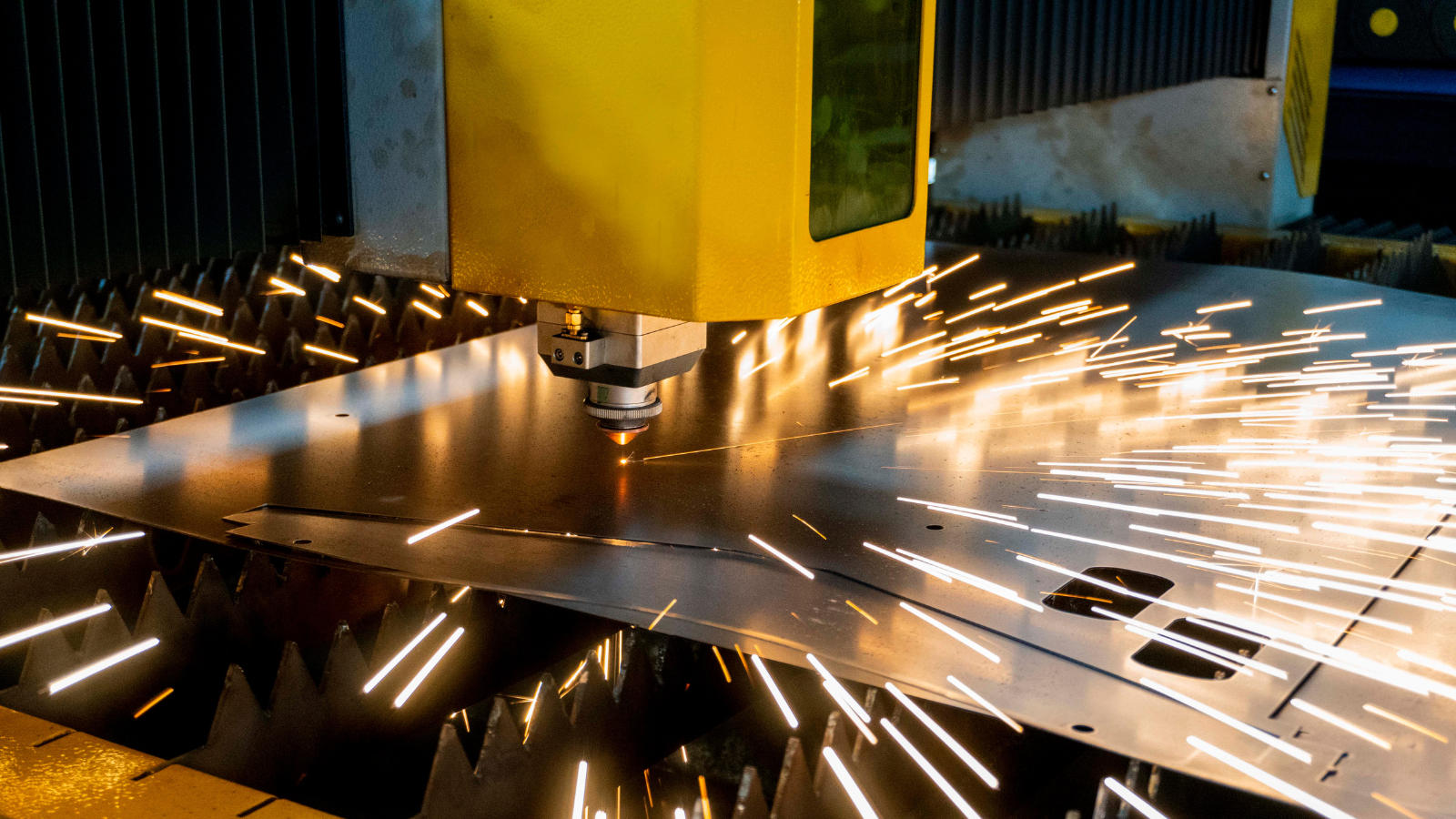Houston, Texas, often recognized for its prominence in the energy sector, is also home to a robust and diverse manufacturing industry. Houston’s manufacturing industry spans sectors such as petrochemicals, aerospace, machinery, food products, and electronics. The industry plays a critical role in the local economy and contributes significantly to the national economy. From job creation to global trade, it is a key economic driver, providing employment opportunities across various fields, including accounting, finance, and human resources (HR).
Contributions to the Local Houston Economy
Houston’s manufacturing industry has a profound impact on both the local and national economies. Locally, the industry generates billions of dollars in revenue and supports various ancillary industries, such as logistics, business services, and engineering. The city’s status as the #1 export metro for petrochemicals and #2 metro for manufacturing in the U.S. demonstrates its vital role in international trade.
The industry contributes approximately 11.3% of the region’s Gross Domestic Product (GDP), amounting to about $75 billion annually. It directly employs over 200,000 individuals, with significant concentrations in petrochemicals, aerospace, biotechnology, and heavy machinery. The city’s production of heavy machinery, aerospace components, and electronics, which are essential to U.S. industries like transportation, healthcare, and technology.
Job Creation and Employment Opportunities
Houston’s manufacturing industry is a significant source of employment. With over 200,000 manufacturing jobs, the sector supports a wide range of professions beyond production. These include positions in accounting, finance, and HR.
- Accounting and Finance: The complexity of the industry creates a high demand for accountants and financial analysts. Professionals in this field handle cost accounting, financial forecasting, and regulatory compliance.
- Human Resources: HR professionals are essential in recruiting, training, and retaining a skilled workforce. They ensure compliance with labor laws, oversee workplace safety, and help manage talent acquisition in specialized fields such as engineering and technical trades.
- Skilled Labor: The demand for skilled trades such as machinery operation, welding, and electrical maintenance is high. Engineering jobs also make up a substantial portion of manufacturing employment, with 4,800 engineers in the sector.
National Economic Impact
Houston is home to one of the largest and most diverse manufacturing bases in the U.S. The region’s manufacturing industries support key national sectors, including automotive, construction, healthcare, and aviation. Moreover, Houston’s focus on high-tech sectors, like advanced manufacturing, robotics, and artificial intelligence, positions the city as a leader in innovation, contributing to U.S. competitiveness on the global stage.
Houston is also critical in maintaining the U.S. trade balance. In 2024, the Port of Houston handled $286 billion in exports, reflecting continued growth from previous years. As a major exporter, Houston plays a vital role in facilitating U.S. trade. Houston’s manufacturing output, particularly in petrochemicals and industrial products, helps fuel the global supply chain and strengthens U.S. manufacturing’s standing worldwide, positioning the city as a key player in international trade.
The Future of Houston’s Manufacturing Industry
Manufacturing is set to continue its growth, driven by advancements in automation, sustainability, and technology. With increasing investments in electric vehicles (EVs) and renewable energy technologies, the city is positioning itself as a hub for green manufacturing. The rise of 3D printing, robotics, and AI will also shape the future of manufacturing, presenting new opportunities for workers and businesses.
The city’s emphasis on advanced manufacturing technologies offers significant potential for job creation in fields such as software development, robotics engineering, and data analytics. These developments will likely result in a shift in workforce demands, requiring skilled professionals to adapt to new systems and tools.
Conclusion
Houston’s manufacturing industry is a cornerstone of its economy, contributing billions of dollars to the region’s GDP and supporting over 200,000 jobs. From chemicals and aerospace to electronics and food products, the sector’s impact extends far beyond the factory floor, fueling employment in diverse fields such as accounting, finance, and human resources. Houston’s position as an industry leader not only supports local economies but also plays a critical role in the national supply chain and global trade. As the industry evolves with technology and sustainability in mind, Houston is well-positioned to remain a global manufacturing powerhouse in the years to come.
Sources:









